The Importance of Wildlife Conservation
Wildlife conservation is an indispensable factor for maintaining the fragile balance of our planet and its ecosystems. However, not many people seem to realize its importance. For National Wildlife Week taking place April 1-7, here are some reasons why the conservation of wildlife should be a concern.
First, wildlife conservation is essential for preserving biodiversity. Biodiversity, the variation of life found on Earth, is the foundation for ecosystem health and growth. Ecosystems with high biodiversity are better equipped to withstand disturbances and adapt to changing environmental conditions. For example, diverse plant species contribute to soil fertility and prevent erosion, while a variety of animal species helps regulate populations and control pests.
Next, wildlife conservation is essential for ecosystem stability. Each species plays a specific role within its ecosystem, contributing to functions such as pollination, seed dispersal, and nutrient cycling. Removing or reducing certain species can disrupt these functions, creating a ripple of effects throughout the ecosystem. For instance, the decline of predators can result in over abundances of prey, which in turn can decimate plant populations and alter habitat structure.
Besides ecological benefits, the conservation of wildlife directly impacts human well-being. Natural ecosystems provide numerous ecosystem services that are essential for human survival. Forests, for example, purify air, regulate climate, and provide habitat for countless species. Wetlands filter pollutants from water and mitigate the impacts of floods. Protecting wildlife and their habitats ensures the continued provision of these ecosystem services, safeguarding human health, food security, and economic stability.
Speaking of economics, wildlife conservation also holds significant economic value. Nature-based industries such as ecotourism, sustainable forestry, and fisheries contribute billions of dollars to the global economy each year. These efforts benefit these industries by conserving natural habitats and maintaining the long-term sustainability of wildlife populations. Moreover, investing in conservation creates jobs, stimulates local economies, and fosters innovation in sustainable practices.
Lastly, wildlife conservation is an ethical imperative. As stewards of the planet, humans have a moral obligation to protect the rich tapestry of life that surrounds us. Many threats to wildlife, like destruction of habitats, pollution, and poaching, are driven by human activities. Conservation initiatives are aiming to address threats to wildlife and promote responsible guardianship of natural resources to benefit the current and future planet.
In conclusion, wildlife conservation is not just a moral duty but a practical necessity for sustaining life on Earth. By preserving biodiversity, maintaining ecosystem stability, supporting human well-being, fostering economic prosperity, and upholding ethical principles, conservation efforts ensure a harmonious coexistence between humans and the natural world.

